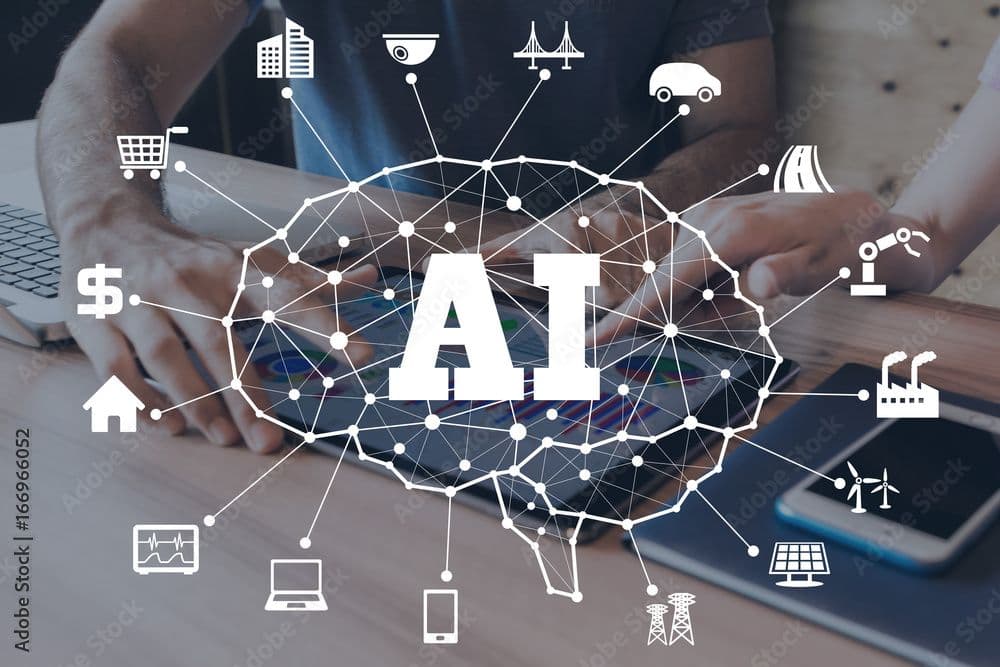AI in Everyday Life:

AI in Everyday Life: How It's Changing the Way We Live
Artificial Intelligence (AI) is no longer a futuristic concept; it has become an integral part of our daily lives, influencing the way we live, work, and interact with technology. From the smartphones we use to the smart devices in our homes, AI plays a pivotal role in making our lives more convenient, efficient, and personalized. Whether it's through virtual assistants like Siri and Alexa that respond to voice commands or the recommendation algorithms that suggest movies and music based on our preferences, AI enhances everyday experiences in subtle yet impactful ways. Its presence is felt in nearly every industry, and its role in shaping modern life continues to grow.
In the world of communication, AI has revolutionized how we interact with technology and each other. Virtual assistants are now capable of understanding and responding to human speech, making tasks like setting reminders, sending messages, or controlling smart home devices as simple as a voice command. AI-powered chatbots provide instant customer support on websites and apps, helping users get the information they need in real-time. In social media, AI curates personalized content feeds based on users' behavior, ensuring that the information we see is tailored to our interests. AI's ability to understand natural language and predict user behavior has reshaped how we consume media, connect with others, and engage with online platforms.
The impact of AI extends beyond communication and into sectors like healthcare, transportation, and education. In healthcare, AI-driven applications assist doctors by analyzing medical data, identifying patterns, and even predicting potential health issues before they arise. Wearable devices like fitness trackers use AI to monitor physical activity, heart rate, and sleep patterns, helping users maintain healthier lifestyles. In transportation, self-driving cars and AI-based traffic management systems promise to make roads safer and reduce congestion. Education has also seen AI integration, with personalized learning platforms adapting to individual students' needs, helping them progress at their own pace. These advancements demonstrate how AI enhances efficiency, safety, and personalization in crucial areas of life.
As AI continues to evolve, its influence on everyday life will only increase. With smart cities, AI is playing a role in urban planning, optimizing energy usage, and improving public services like waste management and transportation. In retail, AI is transforming how we shop by providing personalized product recommendations, managing inventory, and even predicting future consumer trends. At home, smart appliances powered by AI make everyday tasks like cooking, cleaning, and home security more efficient and intuitive. While concerns around privacy, ethics, and the societal implications of AI remain important, the undeniable benefits of AI in simplifying and enriching our daily lives ensure that it will continue to shape the future.
In conclusion, AI has become an indispensable part of everyday life, driving innovation in how we communicate, work, and maintain our well-being. Its ability to analyze vast amounts of data, learn from human interactions, and improve processes has led to smarter homes, more efficient workplaces, and better healthcare. As AI technology continues to evolve, its impact will expand, further transforming the way we live. The future of AI holds immense potential, and as long as we continue to harness it responsibly, it promises to make our daily experiences more seamless, intelligent, and enriching.
,